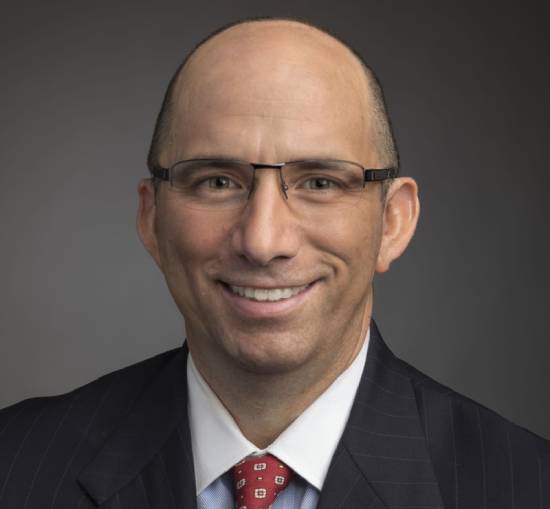What was the first business you started?
Does selling coffee and coffee cake jr’s on the 1970’s gas lines count? My first official one was East Coast Cellular selling car phones we installed in cars.
What is your background, and did it help you get where you are today?
I am a serial entrepreneur. My degree is in marketing from Lehigh University, so I always have that hat on as well.
How did the idea for your current business come about?
I moved to Florida and was looking to buy a business. I went to Transworld as a customer. They hired me as a salesperson, and 2 years later, I bought the company.
What was your key driving force to become an entrepreneur?
I wanted to make money, not a salary. I found a steady paycheck boring.
Did you raise funding for your business or bootstrap it?
It’s been a journey. I have borrowed money from my parents in my early businesses. And for Transworld, I borrowed money from my inlaws Susan and Joel Martin (thank you!). I did raise 3M worth of capital in 1999 from Newtek, which helped us expand.
How did you build a successful customer base?
Do the right thing! Be nice! Answer the phone!
Which marketing tactics have been the most successful for you?
All of them! I always say that there is no such this as bad marketing. Just some more effective than others. In the end, everything works. You have to keep at it.
What kind of culture exists in your organization, and how did you establish it?
Entrepreneurial and collaborative. Lead by example. I do the right thing, live up to my promises, admit when I am wrong, apologize and like to build consensus.
Can you describe/outline your typical day?
Meetings, emails.
How has being an entrepreneur affected your family life?
It’s been both tough and gratifying for my family. I work hard and long hours but always made time for my girls.
What motivates you?
The people that choose to work with me. It’s an honor and an obligation. I feel responsible for helping them be successful.
How do you generate new ideas?
Strategic planning and brainstorming. Thinking outside the box, watching other companies, reading.
What is your greatest fear, and how do you manage fear?
I worry about finances and how economic downturns affect our company. I am conservative in our cash management. It helps me sleep at night.
How do you define success?
Tough question. I try to celebrate exceeding goals, but I always like to keep striving. So it sometimes feels like you never declare success.
Do you believe there is a pattern or formula to becoming a successful entrepreneur?
You have to do a lot of things right. And even then, sometimes things don’t go your way. Therefore, no, I do not believe there is a set formula.
What is your favorite aspect of being an entrepreneur?
Being in charge of my destiny.
What has been your most satisfying moment in business?
Making it through the economic downturn of 2009-2010.
What are some of the mistakes you wished you could’ve avoided?
I have learned from all my mistakes. I have very few regrets.
How did you handle adversity and doubt?
Head on. Build a team and collaborative company, and you can overcome anything.
Are there any books you suggest other entrepreneurs add to their “must-read” list?
Never Split the Difference. Chris Voss.
What is a favorite quote from an entrepreneur that has inspired you?
We are the music makers, and we are the dreamers of dreams – Arthur O’Shaughnessy, also used in Willie Wonka. Not quite an entrepreneur. But I guess Willie Wonka was.
What advice do you have for young entrepreneurs?
Start early. Work hard.
What is next? Where do you see yourself and your business in 10 years?
I am getting more creative as I age. Have a few fun music projects working. In ten years, the next generation of Transworld owners will hopefully be at the helm, continuing our great legacy in the industry. I hope to be there, helping.







